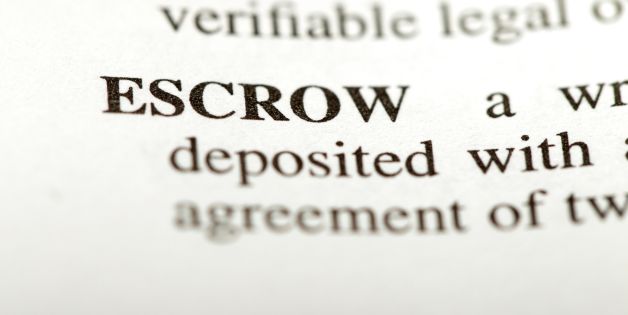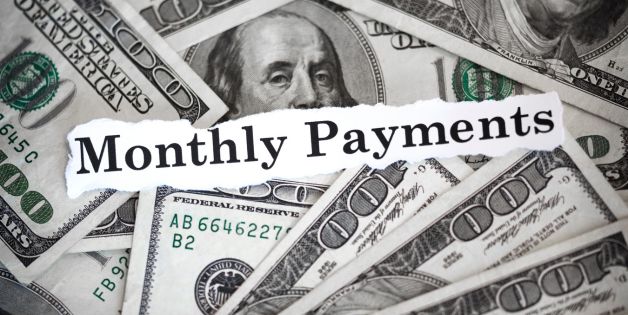
Escrow accounts are a common component of homeowner's insurance, often integrated into the mortgage process. But what exactly is an escrow account and how does it work? Let's delve into the details to understand its role in homeowner's insurance.
What is an Escrow Account?
An escrow account is a financial arrangement established by a mortgage lender to hold funds for the payment of property-related expenses, including homeowner's insurance premiums and property taxes. When you have a mortgage, your lender may require you to set up an escrow account to ensure these expenses are paid on time.
Here's how an escrow account works:

Initial Setup
When you close on your mortgage, your lender may collect an initial deposit to fund the escrow account. This deposit is typically based on estimates of your annual homeowner's insurance premiums and property taxes.
Monthly Payments
As part of your monthly mortgage payment, a portion goes toward the principal and interest on the loan, while another portion is deposited into the escrow account to cover property-related expenses. Your lender manages the escrow account and makes payments on your behalf when they come due.

Annual Review
Each year, your lender conducts an escrow analysis to ensure that the funds in the account are sufficient to cover upcoming expenses. If there is a shortage or surplus, your monthly escrow payment may be adjusted accordingly.
Payment of Expenses
When your homeowner's insurance premium or property taxes are due, your lender uses funds from the escrow account to make the payments on your behalf. This helps ensure that these essential expenses are paid on time, reducing the risk of penalties or lapsed coverage.

Transparency and Accountability
You have the right to receive an annual escrow account statement from your lender, detailing the activity in the account, including deposits, withdrawals, and any changes to your monthly payment amount.
In summary, an escrow account is a convenient way for homeowners to manage and budget for property-related expenses, including homeowner's insurance premiums. By working in conjunction with your mortgage lender, an escrow account helps ensure that these expenses are paid in a timely and efficient manner, providing peace of mind for homeowners.

